#31 Someone Else: Lynn Steger Strong
A monthly feature of Some Sundays! Plus writing and parenting, surrender and control, and the comfort of the rewatch...
Someone Else is a feature of Some Sundays: Once a month, I ask people I really like and am inspired by some questions about what they like and are inspired by. 🙂
is a writer who lives in Brooklyn with her husband and two kids and teaches writing at Princeton and Columbia (which makes for some long commutes). Her fourth novel, The Float Test, came out earlier this month — it’s a propulsive read that centers the complexities of family with painful clarity.I met Lynn almost 15 years ago, when we had our first workshop in grad school together.
She was intense, in a way, earnest and so ready to do the thing we’d come there to do: become writers. But she was also warm and funny, which helped our little group of fiction MFAs find ways to talk to each other, to find some ease in our work of reading each other’s writing and critiquing it.
Lynn became my friend early in that first year. She was willing to hang out with my toddlers (Orion wasn’t yet two) and I on the weekend while Sebastian worked double shifts at a bar in the meatpacking district. She had a car (!!) and drove the boys and I out to the water to see her husband’s boat. We had Thanksgiving together, ten people stuffed in our 300 square foot apartment in Williamsburg.
She was interested in what it was to be a parent, in the city, while also trying to be a writer, and her interest made me feel less lonely in the singularity of my experience as the only person with children in our MFA program.
“Paying attention” is, generally speaking, an important ability for writers to practice. When Lynn directs her interest at a thing, an idea, a person — that interest seems to engage her whole body. You feel it, when her interest is directed at you, at your writing or the stuff of your life. Its generous and offers a feeling of really being seen.
And you feel it in her writing, the full force of it directed at whatever is on the page. The characters, their wants, the things that keep them from getting what they want (or need). There’s an urgency to which ideas are considered, how art is considered, how our current condition is considered — as if what she’s really talking about is what it means to survive being a human. It’s a gift to feel that range of intensity and complexity through her writing.
She’ll tell you more, in her own words, below.
Recent reads:
I’m deep in my teaching semester, which means many fewer contemporary novels and many books I’ve read before but get to re-read and fall in love with all over again.
I recently taught perhaps my favorite novel, To the Lighthouse, which I’m still recovering from how perfect it is, how difficult a task the books that I’ve read since have had to try to seem like “good books” in the wake of it. I’m also teaching Thomas Bernhard, The Loser, whose rhythms I’m obsessed with, who sometimes I find infuriating and boring, two feelings I actually love inside of books.
I love talking to students about all the feelings writers can give you that might not feel positive, ie. frustration, anger, etc., and how often that’s so much more exciting and engaging than the sort of bland palatability of “likable” books.
Favorite way to pass a free afternoon in NYC:
Coffee, walk, art, coffee, walk, food, walk, art, walk, food, walk. Extra points if one or more friends joins for some but preferably not all of this.
Long commute essentials:
Airpods, at least three books — one I’m teaching, one I’m reading for research for my new book, one I grabbed at the last minute that feels texturally different in case the other two don’t scratch the itch that day; and three notebooks — for two of my teaching jobs and one for whatever I’m working on.
On surrender and control:
When I was writing this last book I was thinking a lot about the idea of surrender, of how I’ve spent my whole life head down, working, working, striving, and about how regardless of how we work, how much we yearn, how good we get at whatever it is we do, there remains so much, almost everything, over which we have zero control.
So much of what I love about writing has to do with control: you pick the world, you think about the people; you press deeper and deeper, re-write the sentences a thousand times. I don’t think I’m doing my job if I’m not confused, uncomfortable, when I’m writing, but I also get to control the ways that surprise, confusion, etc. is grappled with and ultimately conveyed.
Something I’m working toward changing is my ability to acknowledge and separate from all the moments I want desperately to have control but don’t, to be better at sitting inside the discomfort, surprise, confusion when it happens outside of sentences.
Current favorite comfort TV:
This year has been all about the rewatch for me. For whatever reason, the state of the world, my constant professional sense of uncertainty, I only seem to want to dip back into lives I’ve already dipped into and know the parameters of (I also think my brain is getting older so my memory is not as good). So I’ve rewatched Somebody, Somewhere and Better Things, as well as Sex and the City — all shows that feel alive to me in different ways but, especially Sex and the City, also bring me back to other versions of myself and who and where I was when I watched the show before.
On working very hard:
Best advice I ever got was a few weeks before graduate school, I went to talk with a female writer and she said, when she was in graduate school, she felt immediately terrible about herself, inadequate, not talented enough, etc., but then she realized that, amidst her colleagues, she was more willing to work consistently and that ended up mattering more.
I clutched to that idea that in the three years I was in our program and then after. I so often felt like such a loser, like I wasn’t as shiny and talented as anyone in our classes, but I knew I was willing to keep trying, that I was dogged and committed and that felt then, and continues to feel, like a power I could keep hold of.
I do recognize how this contradicts slightly my surrender idea above, and/but I believe very much in working very hard inside of one’s work. The spaces of surrender for me have to do both with life and with how I deal with the commodified reception of my work.
Sources of inspiration:
My kids and my students, their generosity, the ways they continue to help me see the world, art, books, writing, thinking anew. Visual art and artists, I’ve become sort of obsessed with thinking about paint and how it relates to language, thickness, color, viscosity, texture, what that looks and feels like in writing and what aspects of visual art are particular to it.
On parenting and the creative life:
Like you, or maybe less like you, but closest to you than most other people I know, I feel like I became a mother and a writer all at once. I was pregnant in grad school. I turned the final draft of my first novel in to my agent from the hospital the morning after our younger kid was born.
To me it’s all inextricably tied together. Writing is, in large part, paying very close and careful attention to the world around you. My children have given me new avenues — it feels like new sensors — for both love and attention.
And while I feel plenty of complicated guilt around all the ways being the child of a writer isn’t always easy, I mostly feel my work has been richened and deepened through knowing and loving them.
On whether being a published writer lives up to expectations:
A story for you: I have very terrible teeth and when my first book was about to come out, I sort of unconsciously didn’t go to the dentist (not that I was that great at going to the dentist) but there was not a small part of me that thought once I Published a Book, and My Dreams Came True, I would have less terrible teeth. Something about me would be better, stronger; I wouldn’t have to be my ridiculous self anymore.
Of course I published a book and still have bad teeth. Our lives, but more importantly whatever, whoever I am, did not fundamentally change. I’m still intense, absurd, too sensitive. We still had very serious struggles with money for years. I still, now, feel scared a good amount of the time.
We had a night when my friends came out and we had drinks after. The next morning our kids got up at 5 like they always did and mostly our lives were the same. At the time, this felt sad to me. I was a Published Author, for fuck’s sake! I had wanted to be a Published Author for so long.
With each book, there were moments when I think I held my breath, thinking, hoping, maybe this would be the life-changing moment, but, now, I’m mostly grateful, because I don’t want my life to change. I love my family, friends — I, of course, wish we had more financial security, but we’re better off than we were for the first 15 years of our marriage. I feel incredibly lucky to get to make my living writing novels and teaching writing — I feel lucky to still love writing, and to also love teaching, which is the much more stable income source for our family — but for all the ways that sometimes I am lucky enough to get to perform writer, I’m grateful that most of the time I’m mom and wife, sister, and friend who also writes books and teaches and still often gets to pick my kids up from school.
Selfishness and creativity:
When our older daughter was about two weeks old, I pumped a bunch of milk and walked two blocks to a coffee shop “to write.” I cried and looked at pictures of her and leaked milk for the entire forty minutes I was there. But I wanted to establish for all of us that this was still a thing that I was doing. I wanted to know that there was space for it and to touch and feel that space as quickly as I could.
I think the word selfish is so complicated for everyone and especially for mothers. But I think having a thing I love that is not contingent on my children, that I pursue and care about and am thrilled by, I like to believe that that’s good for all of us.
Something working writers don’t talk enough about publicly:
Money: How much we have or don’t have, the ways we got by in all the years we weren’t making money from our work. Support we get from outside sources. Jobs we had or have that sucked. How the need to make money doesn’t make you a bad artist or a hack. How, very often, the amount of money that you make has nothing at all to do with the quality of your work. Different sources of income and how you got them and retained them, not least so other writers can see ways of surviving that maybe they haven’t thought of yet.
People need money to survive and I think the strange ways some people act as if we’re not supposed to care about it is infuriating (and usually they have money from outside sources), but also, I don’t think any good book was ever made with an eye toward cashing out. Instead, I think it’s a sort of rocky and uneven journey.
Even the biggest advance will disappear and you will have to write a new book. A tiny advance might still lead to critical acclaim which might then lead to a job, and/or another slightly bigger advance which might, over time, add up to a career.
If you want more of Lynn after reading this, which I’m pretty sure you will, you can subscribe to her Substack,
, and of course read her newest novel, The Float Test. There’s a great interview with her on ’s Substack, When Moms Try Wrong. This weekend she’s at the LA Times Festival of Books and applications for her Year Long Novel Generator workshop close at the end of May.I’m excited to get some Lynn time when we visit NYC in a couple of weeks. 😘
#29 Thoughts at 3 AM
⭕️ Criterion Collection I have a code for a free month of the Criterion Channel if you’re wanting more long-form film in your life: MOVIEFRIENDS.
#30 Slow Home Design
⭕️ Snail Seed Rolls As the inhabiter of very little domestic space, I love the idea of this space-saving seed starting method by Martina Thornhill.


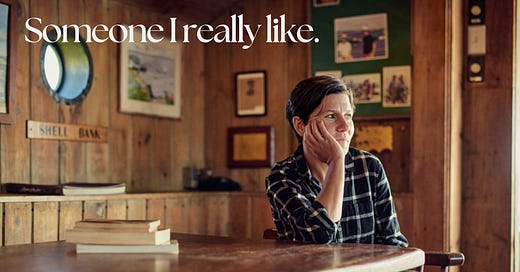

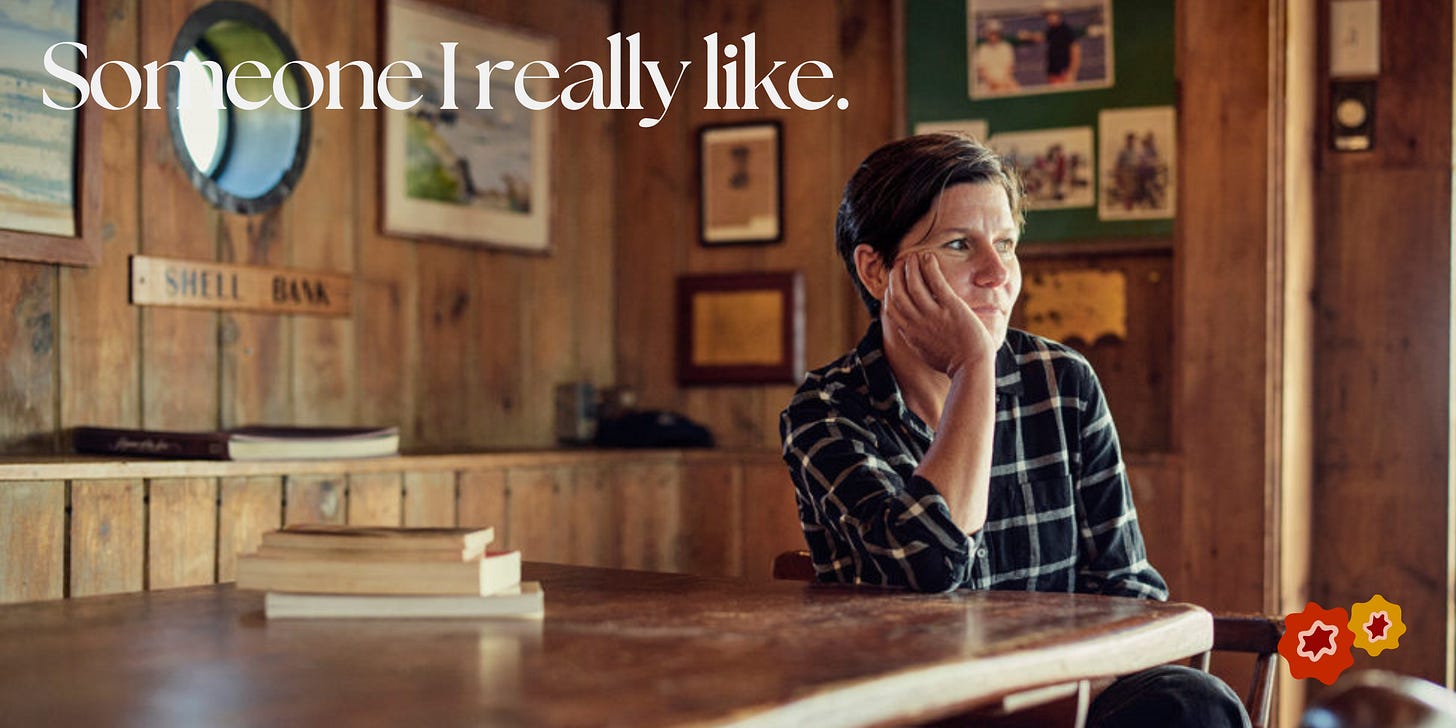
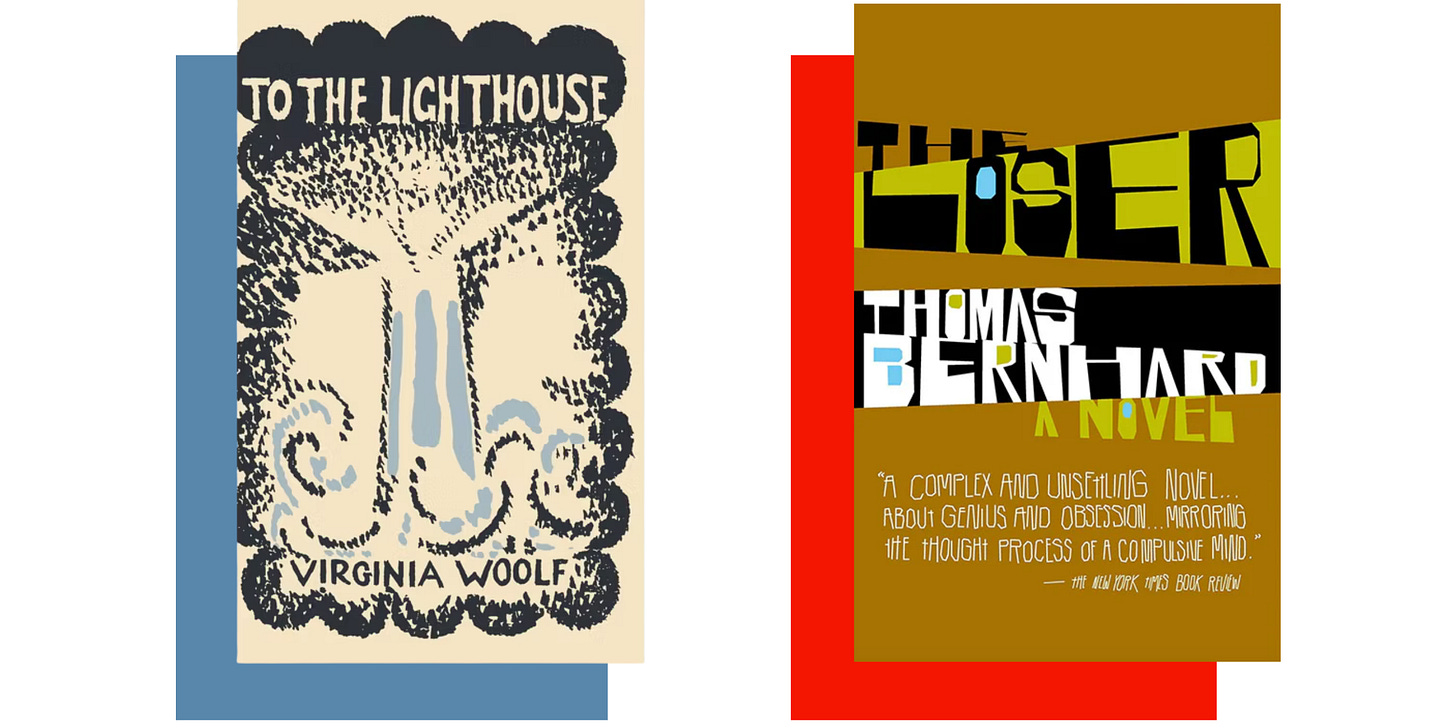
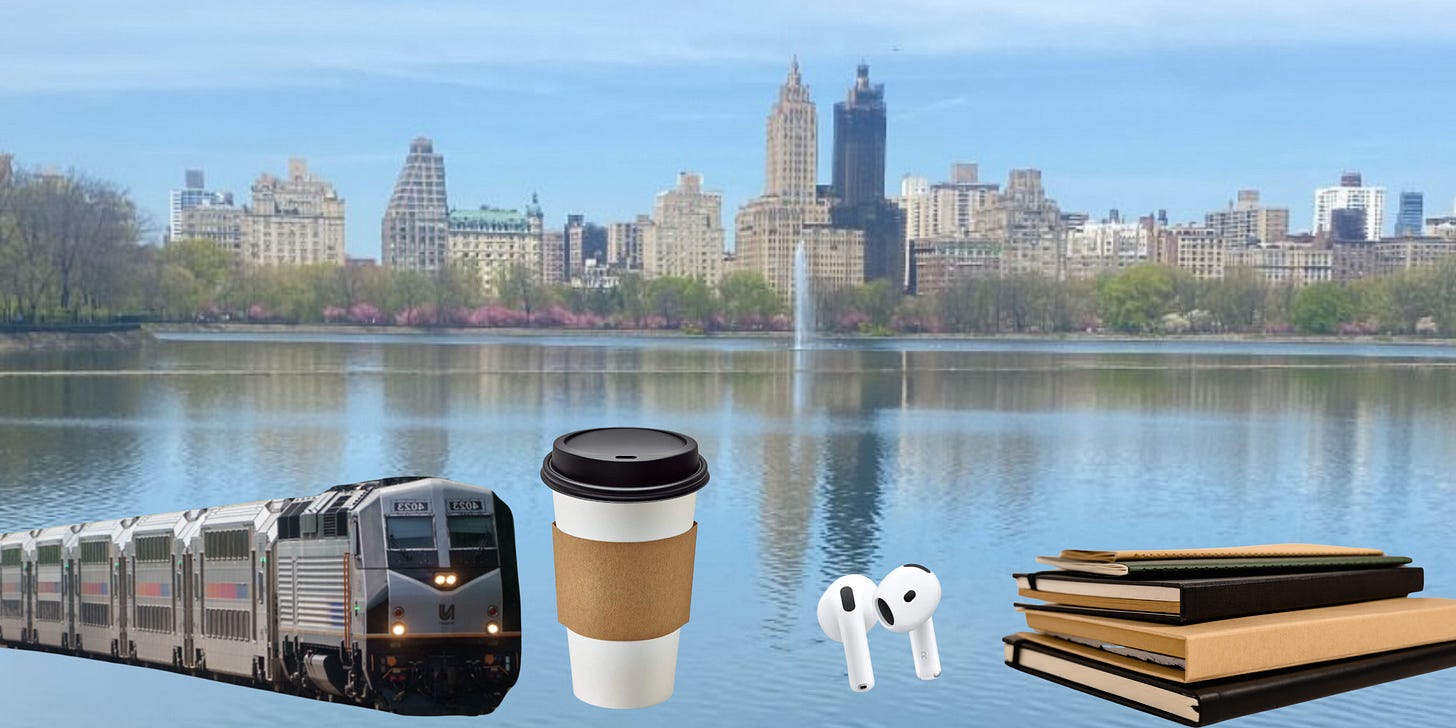
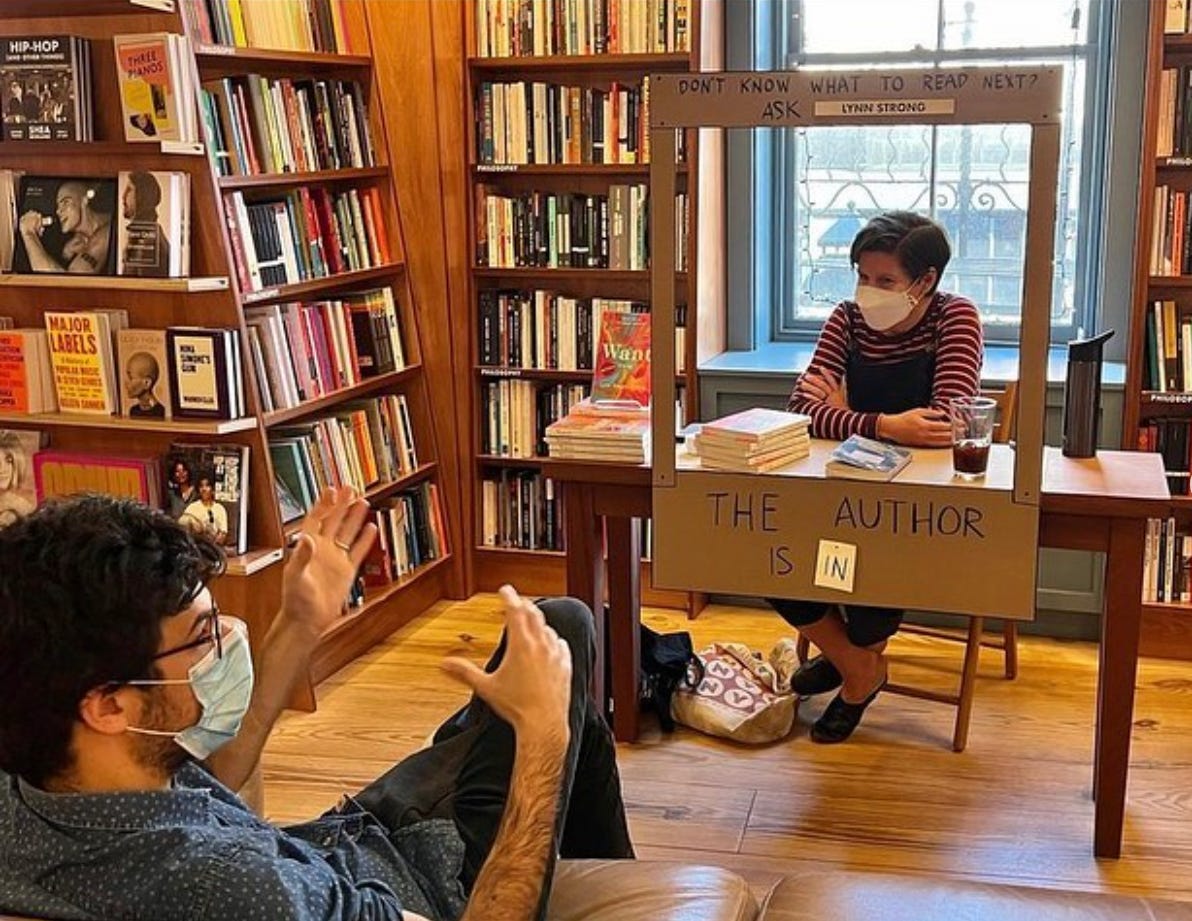
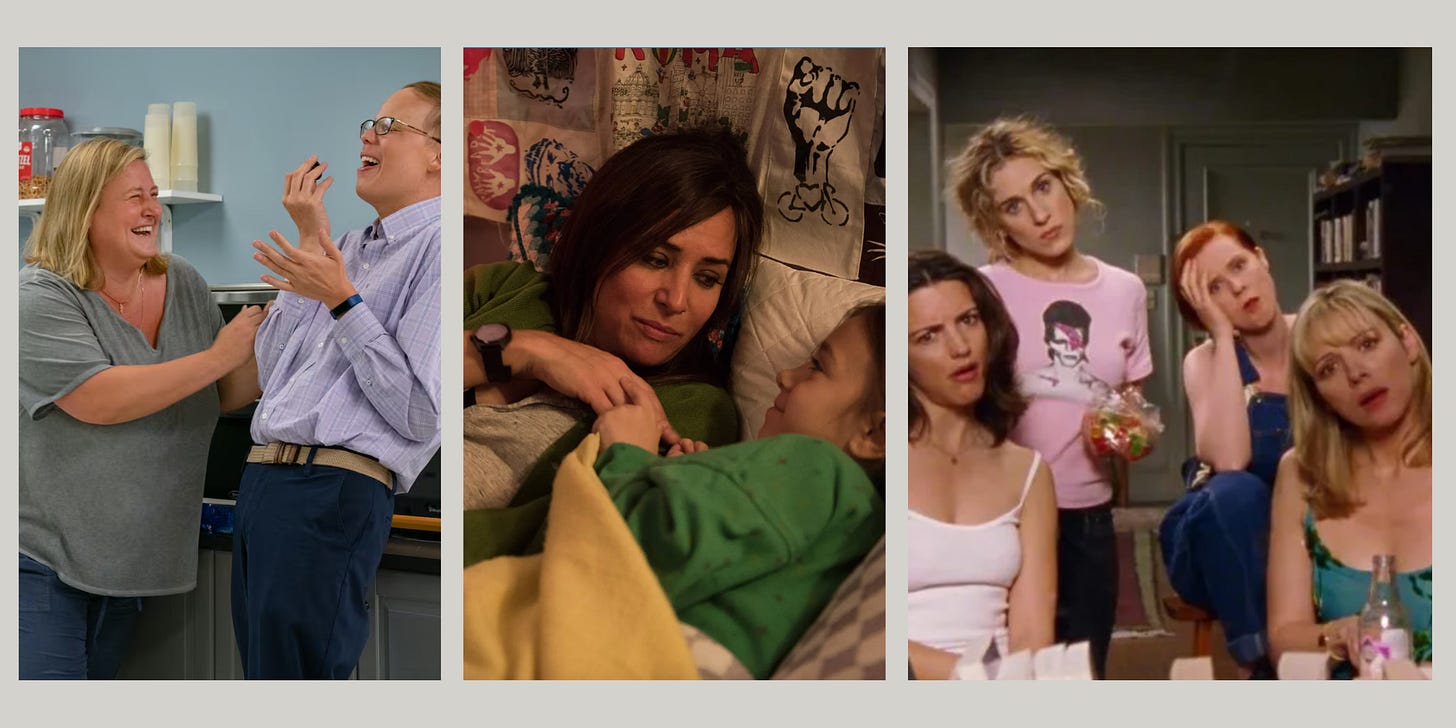
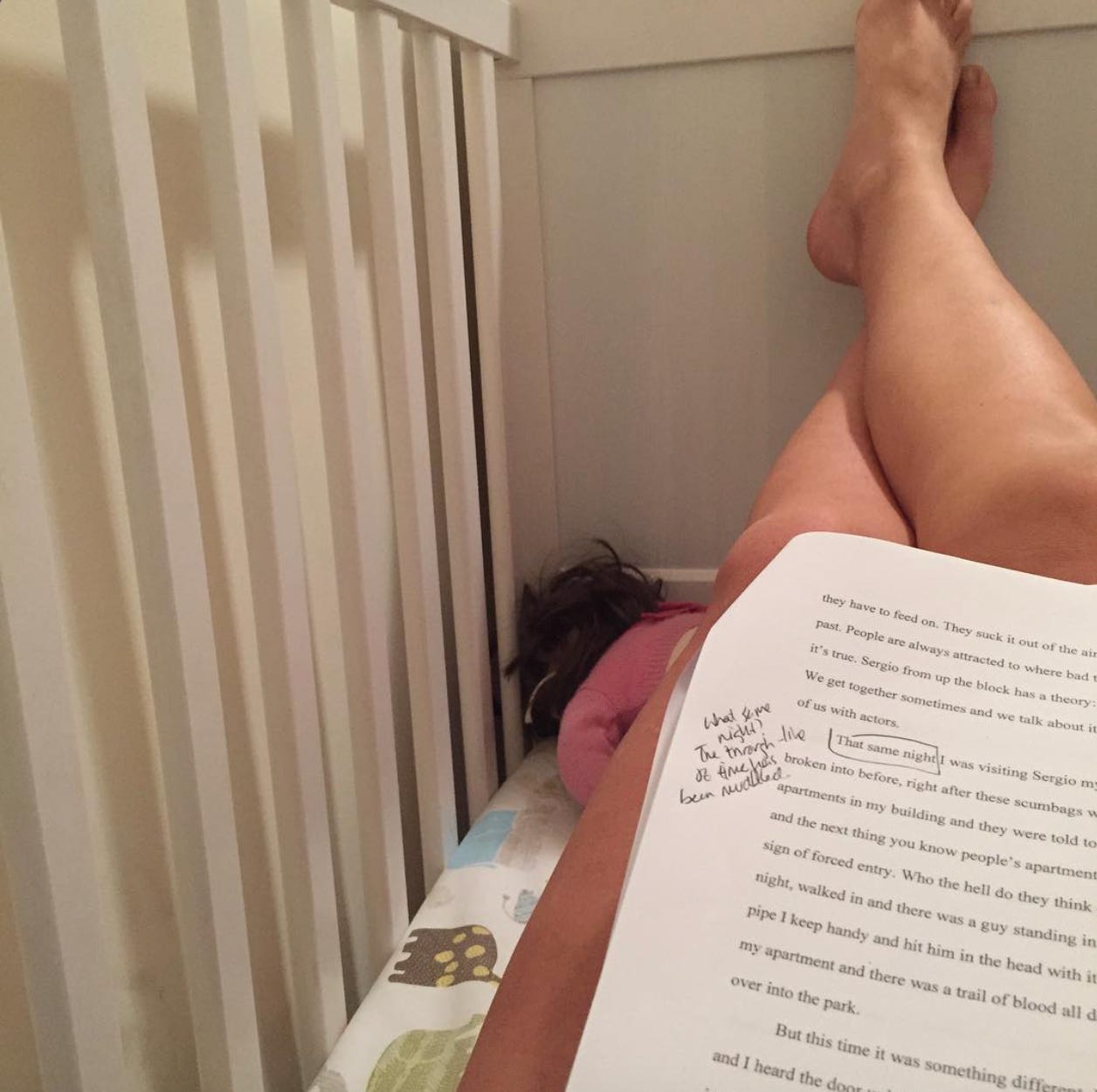
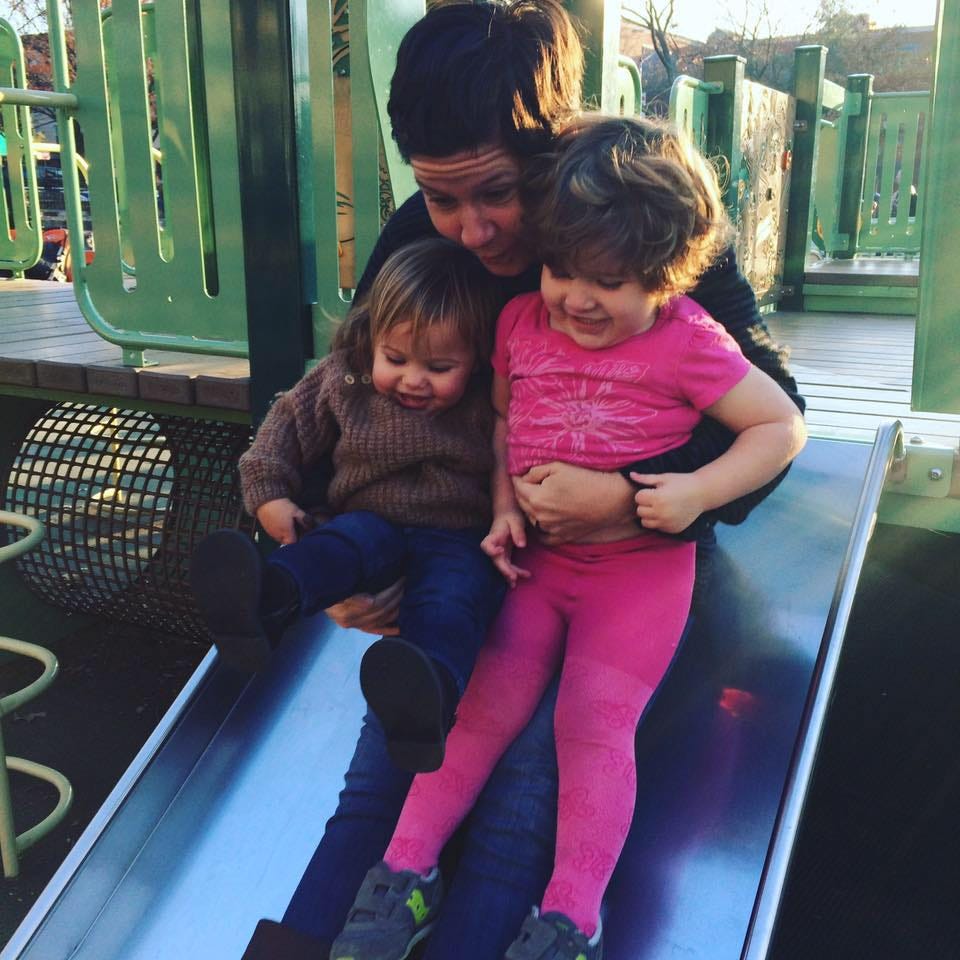
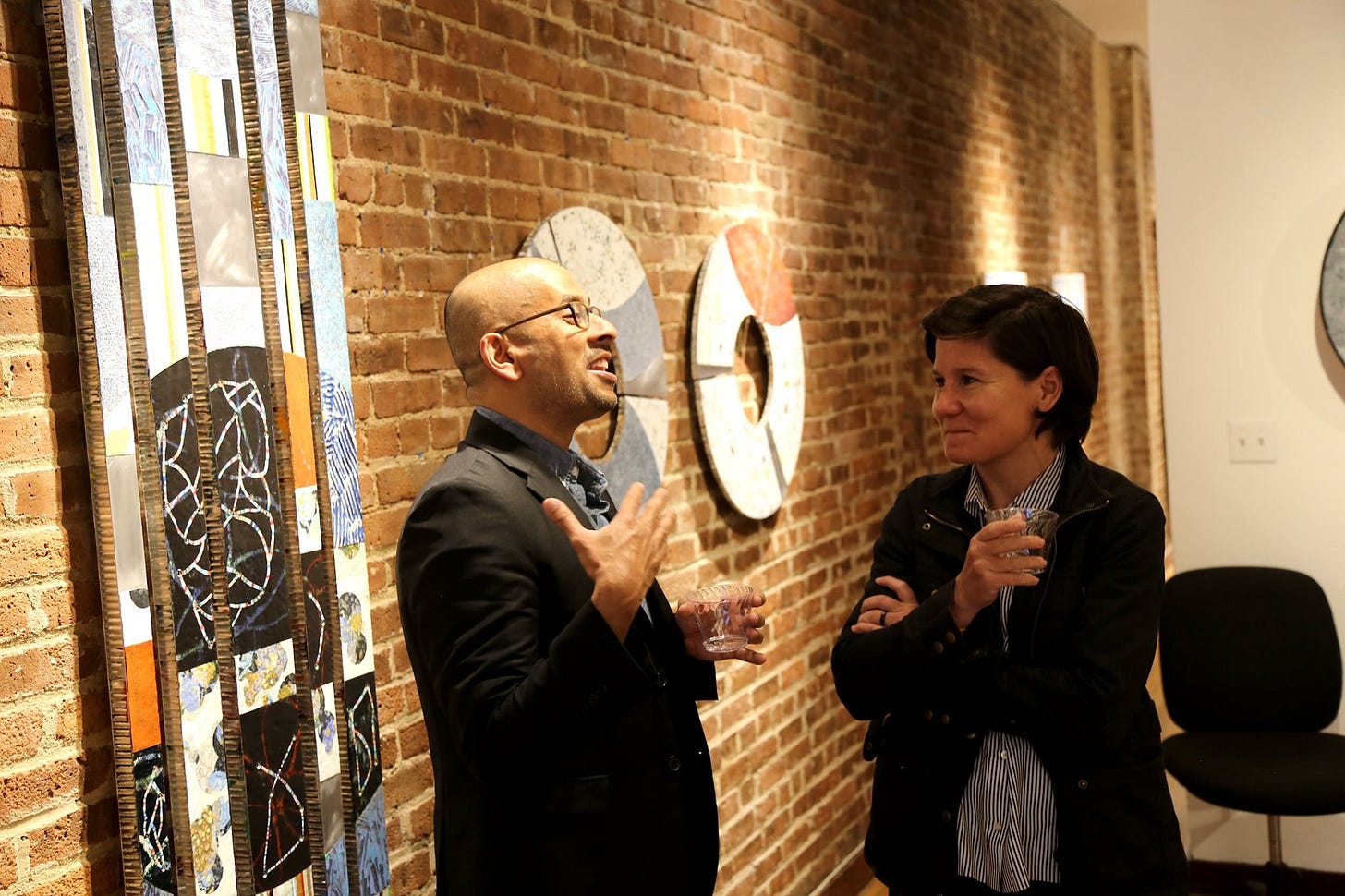
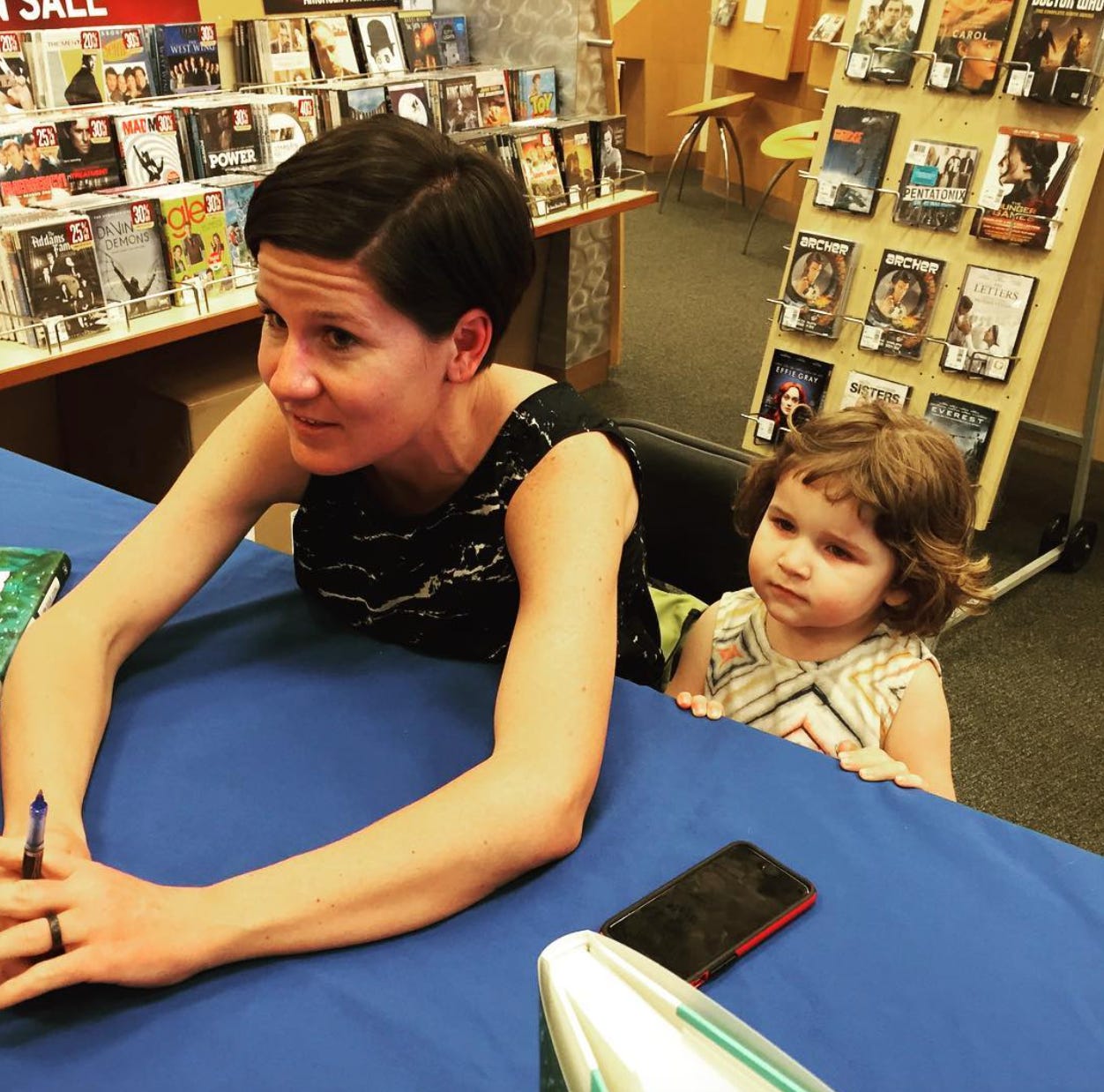
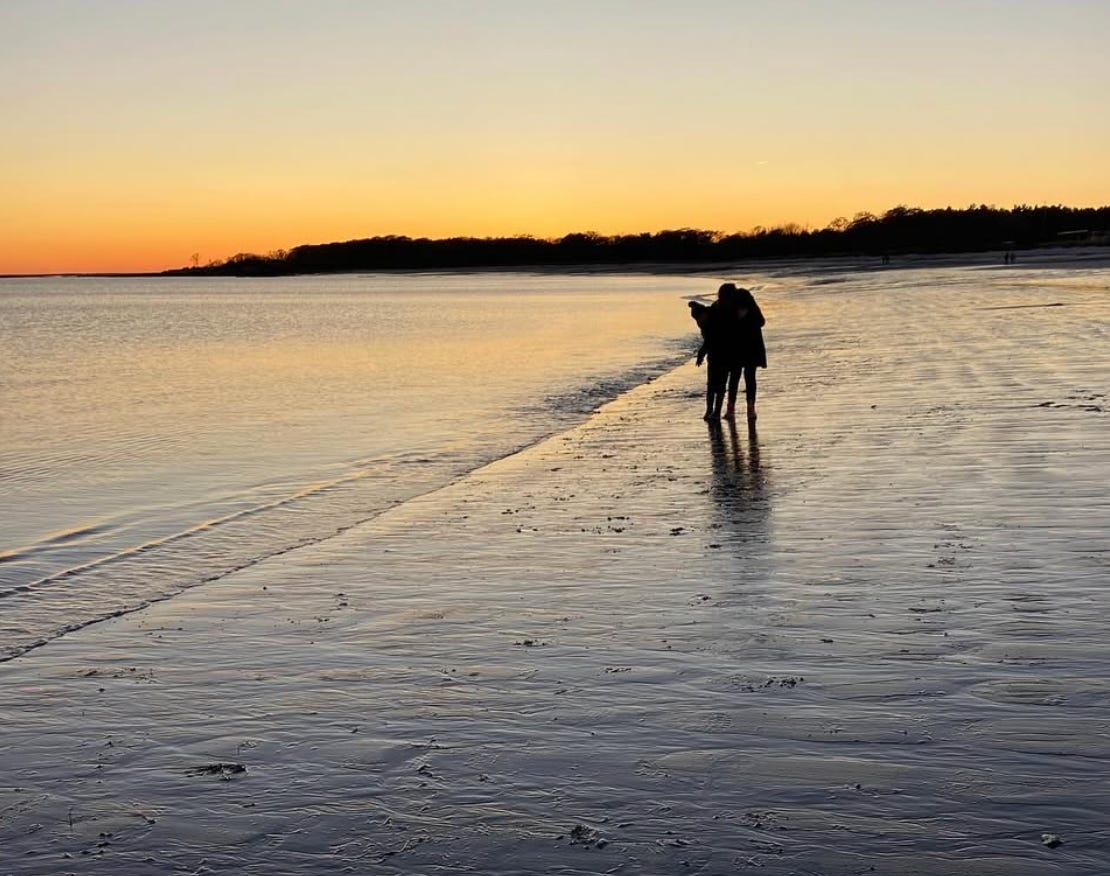


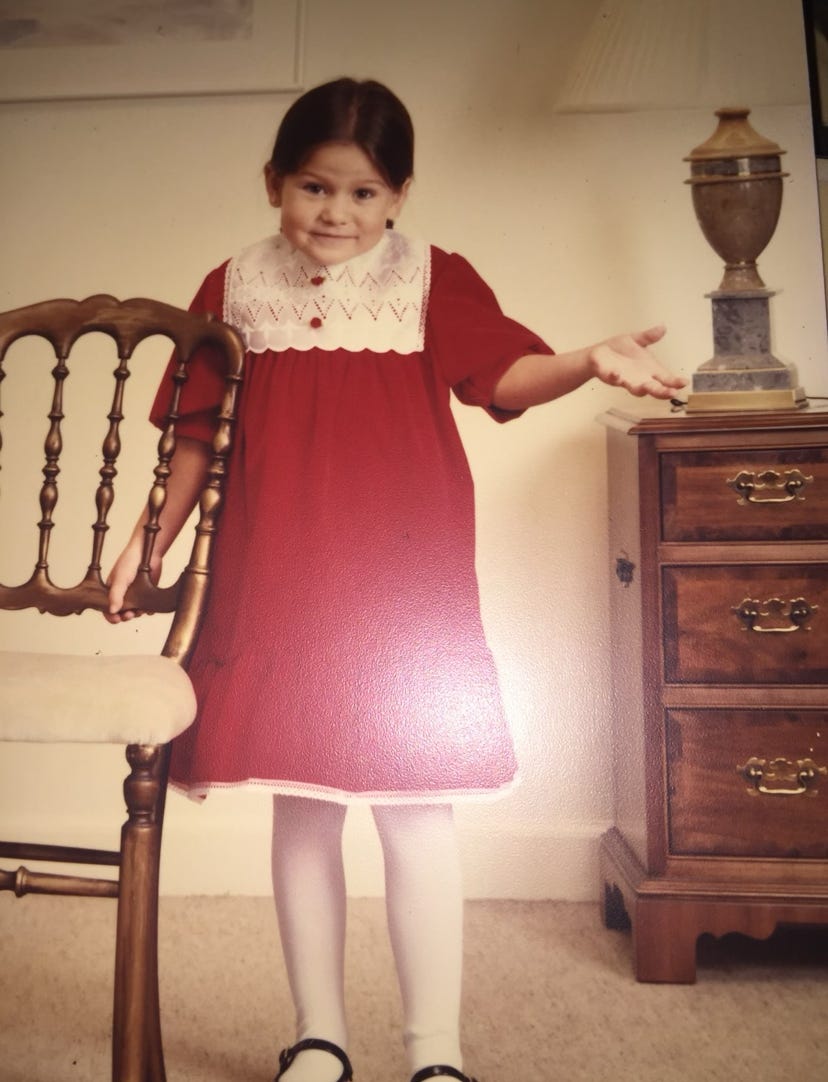


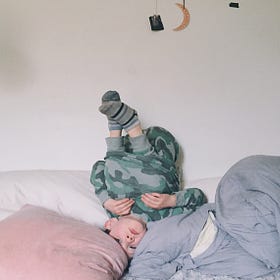


so much good insight here and yes to more money talk!! 🤗